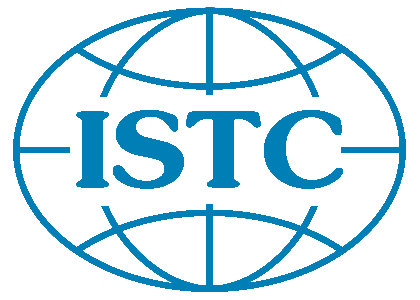ADN Experts

The European Agreement concerning the International Carriage of Dangerous Goods on Inland Waterway (ADN), accepted at Geneva on 26 May 2000 under the auspices of the United Nations Economic Commission for Europe (UNECE) and the Central Commission for the Navigation of the Rhine (CCNR), entered into force on 28 February 2008. The regulations annexed to ADN contain provisions concerning dangerous substances and articles, provisions concerning their carriage in packages and in bulk on board inland navigation vessels of all types and purposes, and provisions concerning the construction and operation of such vessels. The regulations also lay down requirements and procedures concerning inspection, issuance of approval certificates, and recognition of classification societies, as well as concerning control, training and certification of ADN experts. In accordance with the requirements of Chapter 8.2 of the ADN Regulations, all vessels engaged in the carriage of dangerous goods on European inland waterways must have crew members who have been trained and certified as ADN Experts. Depending on the type and purpose of vessels carrying packaged, liquid and bulk dangerous goods, at least one trained and certified ADN Expert must be appointed as part of the vessel's crew, including gas tankers and chemical tankers.
The International Staff Training Centre (ISTC) offers the following ADN expert training courses:
A.Basic course on dry cargo carriage (32 academic hours).
No preliminary training is required for this course. The main course units are:
- Design and equipment;
- Treatment of holds and adjacent spaces;
- Loading, unloading and carriage;
- Documentation;
- Hazards and prevention;
B. Basic course on carriage by tankers (32 ac. hours).
No preliminary training is required for this course. The main course units are:
- Tanker design and equipment;
- Treatment of cargo tanks and adjacent spaces;
- Sampling and measuring methods;
- Loading, unloading and carriage;
- Documentation;
- Hazards and prevention;
- Explosion protection fundamentals;
C. Basic course – combination of dry cargo carriage and tanker carriage (40 ac. hours).No preliminary training is required for this course.
The main course units are:
General:
- General provisions;
- Design and equipment;
- Measurement methods;
- Product knowledge;
- Loading, Unloading and Carriage;
- Documentation;
- Hazards and prevention;
- Stability;
- Types of protection;
Training program of the basic course on tanker carriage
D. Specialized course on gases (16 academic hours).
Enrollment in this course requires preliminary training in the basic course “Tanker carriage”, or in the basic course “Combination of dry cargo carriage and tanker carriage”. The main course units are:
- Knowledge of physics and chemistry;
- Practice;
- Measures taken in an emergency;
Training program of the Specialized Course on Chemicals
E. Specialized Course on Chemicals (16 academic hours)
Enrollment in this course requires preliminary preparation in the basic course on tanker carriage or in the basic course on combination of dry cargo carriage and tanker carriage. The main course units are:
- Knowledge of physics and chemistry;
- Practice;
- Measures taken in an emergency;
After completing the training at the ISTC and practical classes, students undergo a knowledge test and certification at the International Dangerous Goods and Containers Association in full compliance with the requirements of ADN and within the framework of examination questions agreed upon by the ADN Administrative Committee. Persons who have successfully passed the knowledge test and certification are awarded the qualification of ADN Expert in accordance with one of the specializations (ADN Expert on the Carriage of Dry Cargo, ADN Expert on Tanker Carriage, ADN Expert on Carriage on Dry Cargo Vessels and Tankers, ADN Expert on the Carriage of Chemicals on Tankers, ADN Expert on the Carriage of Gases on Gas Tankers). The expert certificate is valid for 5 years.
The program is provided on request


